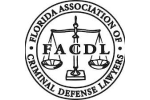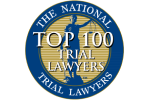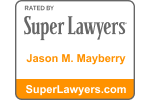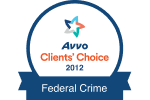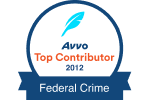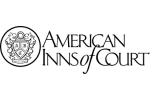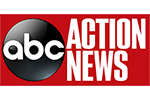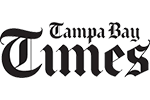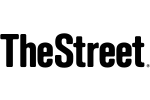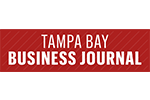to Save Yours
Anti-Kickback Medical Fraud- Compounding Creams
The Federal government makes it a Federal felony for a doctor, nurse practitioner, physician’s assistant, or anyone else who can draft a prescription, to fraudulently accept a kickback or benefit in exchange for drafting a prescription. This same statute makes it illegal for any entity or person to offer a kickback in exchange for the medical professional to fraudulently draft the prescription. In short, the statute hits from both sides of the purported scheme.
Recently, the department of justice has been going after pharmacies and their salespeople alleged to have created compounding creams using extremely expensive ingredients, who pay some type of benefit (money, cars, vacations, houses) to very busy doctors or other health care practitioners who will recommend and prescribe the expensive cream. The theory is that the doctor or healthcare practitioner will benefit because they bill for the patient seen, but also receive a kickback from the compounding pharmacy or company. The salesperson gets rich off the back of commissions derived by the pharmacy’s billing millions of dollars a year to Medicare, Tricare, or private insurers. Lastly, the pharmacy rakes in millions from insurance for divvying out thousands of tiny tubes of very expensive cream that may or may not be necessary for medical treatment.
What Does the Government Have to Prove?
To prove an anti-kickback case under Federal criminal statute 42 § 1320a-7b, it must be proven beyond a reasonable doubt that the accused knowingly and willfully solicited or received some type of remuneration or benefit; that remuneration or benefit was paid to induce or in exchange for the referral of a patient insured by a Federal healthcare program; and that the patient’s services were covered, in whole or in part, by a Federal healthcare program. Unique to this criminal charge (and others such as money structuring) is the heightened requirement with respect to the knowledge element. This requirement compels the government to prove that the defendant acted willfully by showing that the defendant knew his conduct was wrongful or unlawful rather than simply proving that the act itself was willful. Ratzlaf v. United States, 510 U.S. 135, 146-148 (1994). In other words, the actor must know that not only know what he is doing, he must also be proven to have known that his conduct is unlawful.
How can an Anti-Kickback Case be Defended?
Like wire fraud, bank fraud, or healthcare fraud, an anti-kickback case is labor intensive and is more often than not the subject of a long investigation conducted by the FBI or other Federal law enforcement agency. In spite of the detailed investigation, it is not uncommon to see experienced Federal criminal attorneys defend these cases well and successfully. Many have argued that alleged remuneration received as a kickback was not that at all, but rather payment for promoting a product through written articles, speeches given at medical conferences, or simply promoting the product in a locale. If it can be shown that the conduct alleged under 42 § 1320a-7b falls under a statutory exception or safe harbor in 42 C.F.R. 1001.952, it is possible to show that the conduct was perfectly legal. Whatever the facts may be, healthcare professionals have a lot at stake when accused of such a crime. Over and above the threat of a prison sentence, if convicted there is the likelihood of licensure loss or other sanction by the respective regulatory board. If you’ve been accused of violating the anti-kickback statute for illegal compound creams or otherwise, contact Tampa Federal criminal lawyer Jason Mayberry today at 813-444-7435.


